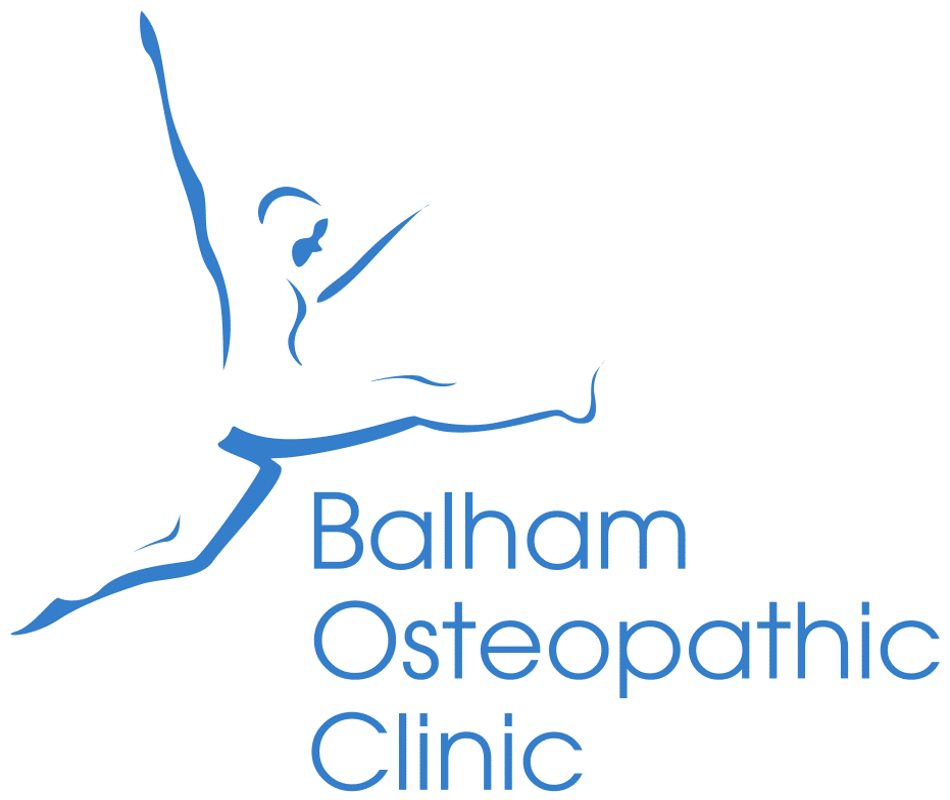Whiplash
This debilitating condition is most commonly caused by motor vehicle accidents when one is hit from the back or the side. However, it can also be caused by other types of trauma such as falls off bicycles, horses or even stools.
The injury occurs when the neck is ‘hyper-extended’ as when one’s neck is flung back. This can cause significant damage to the ligaments of the neck, which are not designed to stand that kind of force. There is a grading scale as to the severity (1-4)
Common symptoms of whiplash:
- Headaches
- Neck pain/stiffness particularly when bending head back or forwards
- Shoulder pain/stiffness
- Weakness, numbness, tingling in arms (severe cases)
One of the main problems with whiplash is that it can become a chronic condition if not treated carefully. Many people find the symptoms drag on and sometimes reoccur after a period of time. This is partly due to the sensitivity of the ligaments and their long healing time and also due to the complications that can lead on from whiplash. For example the neck muscles can become chronicall tightened as they attempt to stabilize the neck’s weakened ligaments.
Whiplash requires a careful and expert diagnosis by a trained professional. It is a very common presentation in clinic and where appropriate, receives careful and expert treatment. Firstly an assessment and analysis is performed to establish how serious the whiplash is and then, if appropriate, gentle treatment is performed to mobilize structures, decreasing inflammation, and freeing up the structures causing the symptoms. This reduces pain and increases mobility.
Ultimately the aim is not just to treat it but prevent the symptoms from reoccurring. This includes education on how to keep the area in question healthy in the future. Please call to talk to a trained professional if you want to know more.
